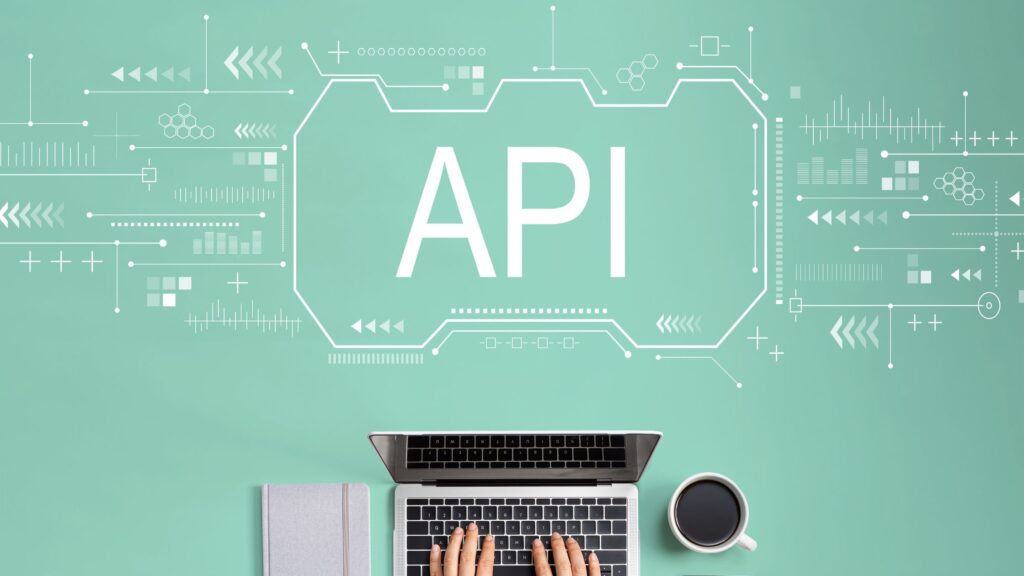Limitless potential of APIs in software development

APIs (Application Programming Interfaces) are fundamental tools in software and application development, as they allow different systems to interact and share information efficiently and securely. Here are some of the most common use cases for APIs:
- System Integration: APIs enable different systems, applications, and platforms to integrate and share information with each other. For example, a company can use a payment API to process transactions from their website through a third-party payment gateway.
- Application Development: APIs are essential in application development as they allow developers to access different services and functionalities to build more advanced applications. For example, developers can use a mapping API to integrate maps into a navigation application.
- Task Automation: APIs enable companies to automate processes and tasks in their systems and applications. For example, a company can use a marketing automation API to automate their email marketing campaigns and segment their email lists.
- Data Analysis: APIs are also used to access and analyze data from different sources. For example, a company can use a data analytics API to access their social media data and analyze the performance of their online campaigns.
- Internet of Things (IoT): APIs are crucial in the development of IoT solutions as they allow different devices and sensors to interact and share information. For example, a company can use an IoT API to monitor the performance of their smart devices.
APIs can be private (for internal use only), partner APIs (shared with specific partners to generate more revenue), or public APIs (allowing third parties to develop applications that interact with their API to foster innovation).
APIs are fundamental in software and application development, and they are used for system integration, advanced application development, task automation, data analysis, and the Internet of Things (IoT).
